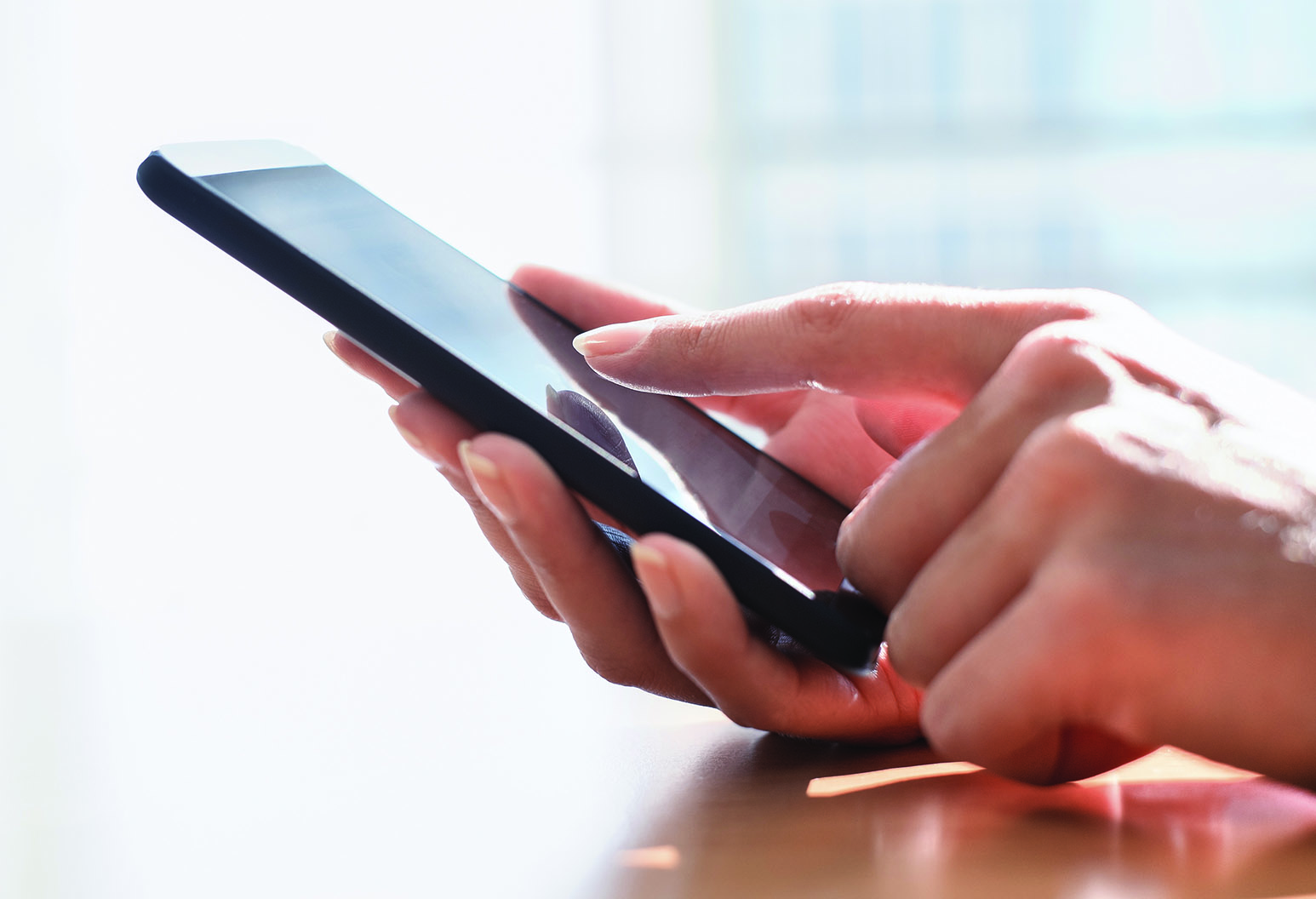By Barbara Broggelwirth RDN CDN
According to Tristan Harris, former design ethicist for Google, rates of suicide and self-harm in preteen and teenage girls have skyrocketed since 2009, the year that social media was first made available on mobile devices. He states suicide rates increased by 70 percent and self-harm by 189 percent since the last decade. Although this refers to correlational data and does not imply causation, it seems difficult to contest that social media may have contributed to these grim statistics. It led Tristan Harris to cofound the Center for Humane Technology whose mission is to “drive a comprehensive shift toward humane technology that supports our well-being, democracy, and shared information environment.”
Donna Wick, EdD, founder of Mind-to-Mind Parenting, says that for teenagers the combined impact of vulnerability, the need for validation, and a desire to compare themselves to their peers forms what she describes as a “perfect storm of self-doubt.” Research supports that frequent Facebook users believe that other users live happier and more successful lives and that people are comparing their realistic offline selves to the idealized online selves of others. This can be detrimental to well-being and self-evaluation. After all, as Theodore Roosevelt once said, “comparison is the thief of joy.”
A recent study published in the International Journal of Eating Disorders, found a “consistent and direct link” between posting edited photos on Instagram and eating disorder risk factors such as being overly concerned with one’s weight and shape, restricting food intake and over-exercising. Today we are constantly barraged by images of unattainable beauty. These images used to appear on TV, billboards and in magazines. With social media apps like Instagram, Snap Chat and Facebook, these images are now almost impossible to avoid.
After watching the 2020 documentary “The Social Dilemma,” produced by former technology executives like Tristan Harris, I was so disturbed by what I learned that I abruptly removed Instagram and Facebook from my phone. Three months later I feel so much better. I don’t miss using them. We all experience negative thoughts about our body image without the help of social media. I don’t need that voice amplified in my own head!
I realize that avoiding social media as a call to action is not realistic. So here are some tips from Psychology Today:
- Recognize that you’re likely using an unrealistic target when evaluating yourself and adjust accordingly.
- Consider what you’re trying to achieve when making a comparison. For instance, if you are trying to become a better cyclist, comparing yourself to your triathlete friend is only helpful if you focus on the ways to become more like them. Do they practice more hours? Do they have better equipment?
- If comparisons have you feeling down, spend some time thinking about positives. Practice writing down the things that are going right for you. Begin a gratitude journal. Research shows the more you practice, the more things you find to be grateful for!
Barbara Broggelwirth RDN CDN is a registered dietitian nutritionist who works with Bariatric and Medical Weight Management patients to help them achieve their health and weight loss goals.


